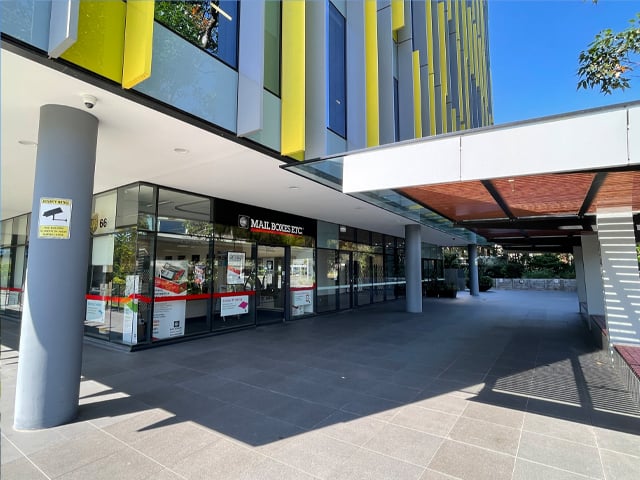Buying a Franchise - Step six & seven
This is part of our Buying a Franchise series, this is both step six & seven.
Step Six: Do your Own Due Diligence
By this stage you should have contacted and met with your target franchisors and secured a first meeting or, hopefully, some financial details about the offer. You may be asked to sign a confidentiality agreement.
Regardless of the information the franchisor provides, you must develop your own view of the financial aspects of the business. There is no substitute for a thorough understanding of the establishment costs, revenue potential and operating expenses.
Choose an accountant who is experienced in small business and franchising. Discuss how he or she can assist you in reviewing the financial information and advising you on the potential of the business.
Your assessment should be conservative – err on the side of understating revenue and over-stating expenses to gain a conservative view of the business.
Ask yourself:
- Are my assumptions reasonable?
- Do any other franchises in the network achieve the levels of patronage I think I can achieve?
- Are businesses close by achieving the level of patronage I think I can achieve?
- Do my rental and wages expenses include ancillary costs like rates, utilities, employee benefits, holiday pay and health insurance?
- Is my cost of goods assumption realistic and consistently achieved by other franchisees?
- Are the accounts of the existing operations accurate?
- If it is a mobile or service franchise, are the running costs of a vehicle adequate for the territory?
Present your assumptions and findings to your accountant and ask for his or her candid opinion.
Step Seven: Establish Finance
Some franchise systems are accredited with major banks. This means the banks have done their due diligence of the franchise system and may be prepared to finance part of your establishment costs against the business.
Be careful. You don’t want to exceed the limit you set for yourself originally. Test the financials again to see if the business can sustain the loan repayments required to fund the initial capital costs. Also be very careful not to over-, or under-, capitalise.
.jpg?width=1147&height=285&name=DCS_Logo_Charcoal%20(1).jpg)

